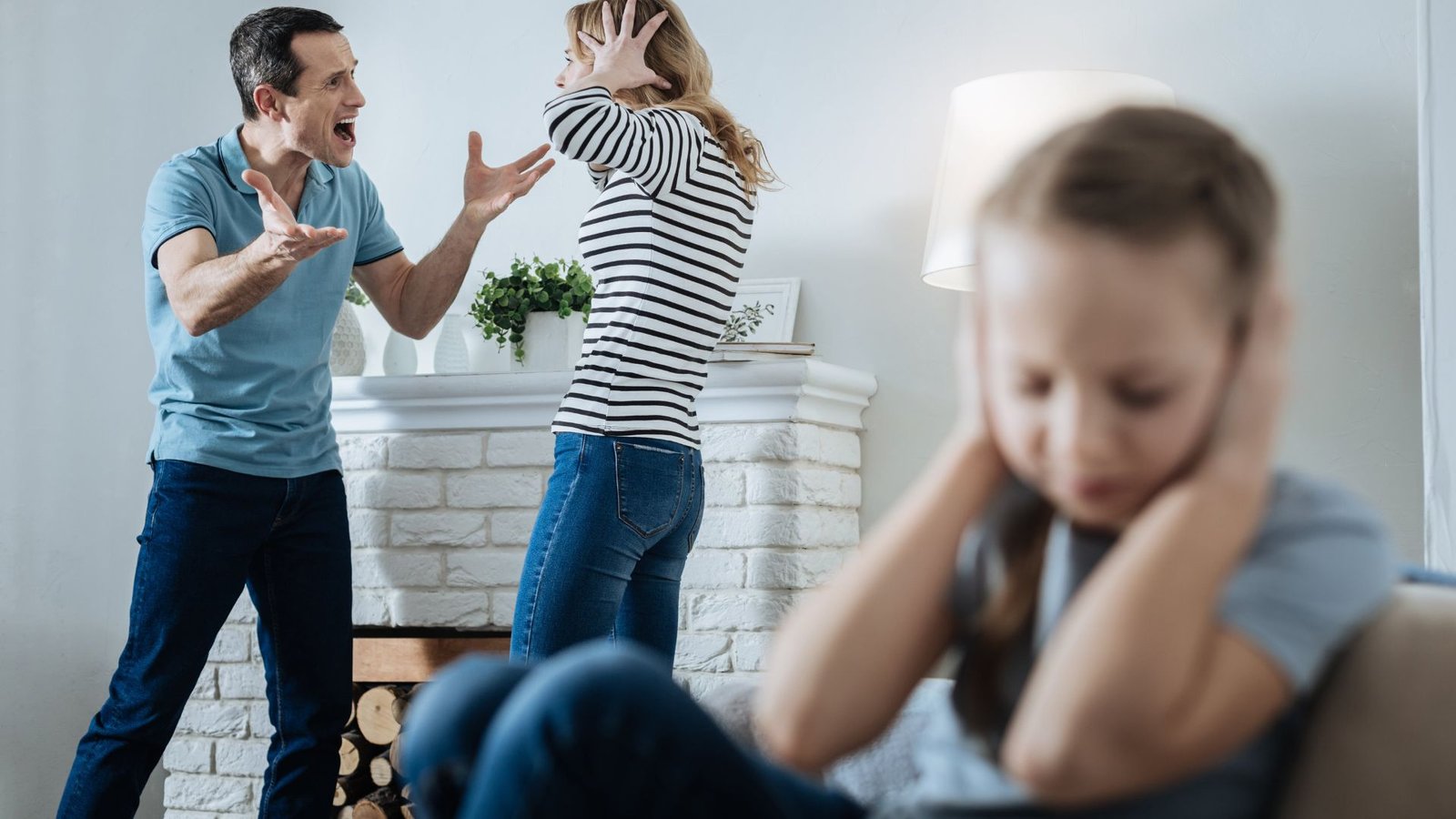Domestic abuse is not just physical; it also harms a victim’s mental health. The emotional and psychological effects of abuse can last long after the physical harm ends. Victims often experience lasting trauma that impacts their thoughts, emotions, and behaviour. In this article, we will explore how domestic abuse affects mental health and what happens to victims over time.

1. Increased Risk of Anxiety and Depression
Domestic abuse victims often struggle with anxiety and depression. The constant fear and stress of living in an abusive environment can lead to feelings of hopelessness and sadness. Victims may feel trapped and powerless, which worsens their mental health.
Symptoms of anxiety and depression include:
- Constant worry or fear.
- Feelings of sadness or emptiness.
- Lack of interest in activities they once enjoyed.
- Trouble sleeping or eating.
The emotional toll of abuse can cause these conditions to persist long after the abuse stops.
2. Post-Traumatic Stress Disorder (PTSD)
Post-Traumatic Stress Disorder (PTSD) is a common mental health condition for survivors of domestic abuse. PTSD occurs when a person has experienced extreme trauma and struggles to recover. The memories of the abuse can become overwhelming and affect their daily life.
Symptoms of PTSD include:
- Flashbacks or nightmares of the abuse.
- Feeling constantly “on edge” or easily startled.
- Avoiding places or situations that remind them of the abuse.
- Trouble trusting others.
PTSD can make it difficult for victims to feel safe or move forward in life. It often requires professional therapy to heal.
3. Low Self-Esteem and Self-Worth
Abuse often leads to low self-esteem. Abusers frequently use insults, threats, and humiliation to control their victims. Over time, this can erode the victim’s sense of worth. They may feel worthless or undeserving of love and respect.
This lack of self-worth can have long-lasting effects on how victims view themselves and their ability to succeed in life.
4. Difficulty Trusting Others
Trust is often broken in abusive relationships. Domestic abuse affects a person’s ability to trust not only the abuser but also others around them. This mistrust can carry over into future relationships, making it hard for victims to form healthy bonds with friends, family, or partners.
Victims may feel isolated or fearful of opening up to others because of past betrayals. Building trust again takes time and support.
5. Substance Abuse and Coping Mechanisms
To cope with the pain and stress, some victims turn to unhealthy behaviours like substance abuse. Drugs and alcohol may provide temporary relief from the emotional distress caused by the abuse. However, this can create more problems and add to the cycle of mental health struggles.
Substance abuse can worsen depression, anxiety, and PTSD, making it harder for victims to recover from the abuse.
6. Emotional Numbness or Detachment
Some victims may experience emotional numbness or detachment as a way of coping with the trauma. They may feel disconnected from their feelings as if they are watching their lives from the outside. This can be a survival mechanism, allowing them to endure the abuse without feeling overwhelmed by emotions.
However, emotional numbness can interfere with a person’s ability to feel joy or engage in positive experiences. It can make it harder to form close relationships or heal from past trauma.
7. Difficulty With Everyday Functioning
The mental health effects of domestic abuse can make it difficult for victims to function in daily life. They may struggle with tasks like going to work, taking care of children, or managing their finances. The stress and emotional pain may make even simple activities feel overwhelming.
Victims often need support from professionals or loved ones to manage their daily responsibilities while recovering from the trauma.
8. Suicidal Thoughts and Behavior
Sadly, some victims of domestic abuse experience suicidal thoughts or attempts. The emotional burden of ongoing abuse, combined with mental health struggles, can make victims feel like there is no way out. Suicidal thoughts are a sign of extreme emotional distress and require immediate attention.
If someone expresses suicidal thoughts, it is critical to seek help from a mental health professional or a support hotline immediately.
9. Recovery and Healing
Although domestic abuse can have severe mental health impacts, healing is possible. Therapy and counselling can help victims process their trauma and rebuild their lives. Support groups and community resources can also offer strength and guidance.
Key steps in recovery include:
- Seeking therapy or counselling to address mental health conditions.
- Building a support system of friends, family, and professionals.
- Practising self-care and learning healthy coping strategies.
Healing takes time, but with the right support, victims can regain their mental health and lead fulfilling lives.
Conclusion
Domestic abuse has a significant impact on mental health. Victims may experience anxiety, depression, PTSD, and low self-esteem, among other challenges. The emotional toll of abuse can last long after the physical violence ends. However, with proper support and therapy, healing is possible. It’s important for victims to seek help and for society to offer support and understanding as they recover from the trauma of domestic abuse.




